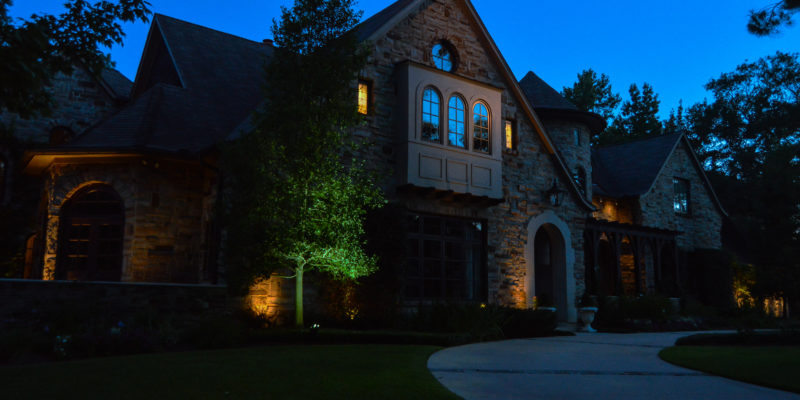Knowing Why A Diligent Houston Lighting Designer Is So Essential
When drafting a new project, there are some basic questions that you need to consider and answer, specifically: Is illumination essential to your project? What is defined as good lighting design, and how can it be realized?
Lighting is a technically challenging but astonishing medium that needs mastery of varying and continually evolving disciplines. A lighting design combines the sciences, arts, and illumination business design and implementation far beyond the concerns of horizontal footcandles and visibility.
Lighting designers are part and parcel of the design team and, just like the architects, charge you for services delivered. Expert lighting designers bring to the table solid technical ingenuity and sensitive design methods to landscape and architectural projects. However, the value-added services they offer can make or break the project’s success and, thus, hugely outweigh the impact of their service fee.
A project designer or owner might be oblivious of the benefits an independent lighting consultant has to offer in today’s construction and design processes. For instance: what’s the difference between services delivered by a lighting professional compared to that of an interior designer or electrical engineer? The interior designer’s responsibility was selecting decorative lighting equipment while the electrical engineer was tasked with the lighting since it’s part of the electrical grid. Right? So what has created a profession that solely specializes in the lighting?
1. Technology
Lighting control technologies and equipment are developing at a break-neck speed with hundreds of products getting introduced to the market every year. Lighting professionals should consider attending national trade shows and continuously update product info and samples from various manufacturers. That is if they want to deliver proper design solutions that utilize the newest and most cost-effective technologies. Staying updated with the latest weapons in the lighting armory is time-intensive but has never been more essential. Note that independent lighting consultants don’t install or sell equipment, nor are they dependent on recommendations done by lighting salespersons. Therefore, the client will receive a lighting design based on expertise and research – free from any conflict of interest.
2. Technique
Illumination is architecture’s transient partner. The light remains invisible until it strikes a surface or object. Controlling this difficult, ephemeral medium gives the lighting designer the chance to make dynamics, hierarchies, and mood. Lighting design is a creative extension of the architecture, enhancing visibility and complementing program, form, and color. Talent, coupled together with experience, creates illumination patterns that will support the overall project goals seamlessly.
3. Education
Knowledge of electricity, construction, optics, codes, physics, ergonomics, vision, business, the art of design, and construction are all integral to creating impressive lighting solutions. To deliver the best possible services, lighting pros must generally be well-grounded individuals who constantly educate themselves. They can do this in a variety of ways, including reading journals and trade magazines, networking, attending and presenting seminars. This give-and-take scenario, alongside healthy competition, boosts the profession forward as a whole.
If you would like to discover more tips and tricks from Robert Huff Illuminations; visit our blog. Call or contact us today if you need a professional lighting designer with your outdoor lighting design. For the rest of this article please click here.

